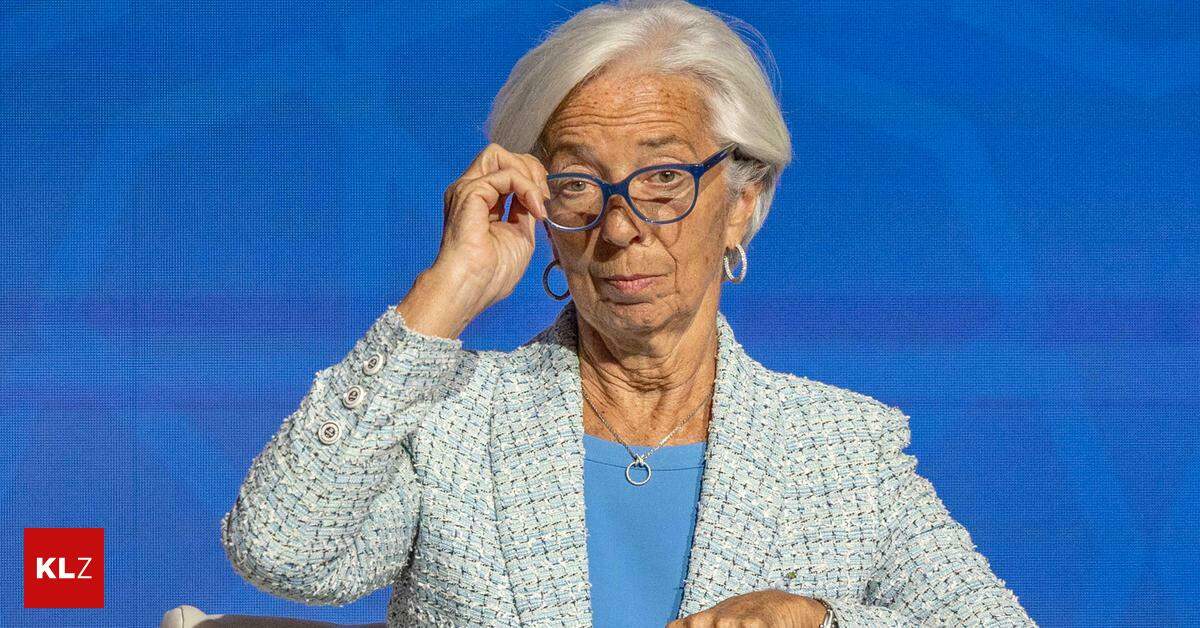In the fight against inflation, the ECB has now raised interest rates ten times in a row since the summer of 2022 – most recently in September by 0.25 percentage points to 4.5 per cent. The next interest rate meeting of monetary authorities will be held today – this time at a foreign council in Athens. Economists expect the European Central Bank to decide to pause interest rates because inflation has fallen significantly recently. ECB President Christine Lagarde is unlikely to rule out future increases when she appears before the press after the decisions. However, the ECB is widely expected to leave interest rates at the current level for a longer period.
Marco Wagner, economist at Commerzbank, commented: “The ECB is unlikely to raise key interest rates further at the meeting, also because the inflation rate fell significantly in September and was therefore largely in line with the central bank’s expectations.” “. In September, the euro zone inflation rate fell to 4.3 percent. This was the lowest rate since October 2021. In October 2022, it rose to 10.6 percent.
“However, inflation risks remain.”
Economists expect the downward trend in inflation to continue and move further towards the target value of 2 percent. The weak economy in the Eurozone also speaks to this. There are already clear signs of a slowdown, especially in the construction and industrial sectors. “However, inflation risks remain,” wrote Ulrike Carstens, an economist at fund company DWS. “The recent rise in energy prices, as well as wage developments and their impacts, particularly on utility prices, are likely to be problematic in this context.”
According to some economists, the development of the money supply also speaks against a further increase in interest rates. The M3 broad money supply actually contracted in July and August. “Even in the Great Recession of 2008/2009, the M3 money supply remained stagnant,” write economists from Bankhaus Metzler. “Instead, the M3 money supply reflects contracting lending, which is a strong signal that inflation is significantly lower.” Therefore, against this background, there is no longer any reason for the ECB to raise key interest rates further, according to economists at Metzler.
Economists do not expect any news regarding the reduction of the ECB’s balance sheet. In the APP bond purchase program, expiring bonds are not reinvested for a long period. Recently, some members also discussed an early end to bond purchases in the pandemic PEP. “So far, this does not appear to have found a majority among central bankers, so the ECB is likely to stick with its previous decision to reinvest expiring BIBs until at least the end of 2024,” Commerzbank economist Wagner wrote.
More on the topic of monetary policy

“Total coffee aficionado. Travel buff. Music ninja. Bacon nerd. Beeraholic.”








More Stories
Wealthy families take more risks when it comes to money.
Salesforce and NVIDIA Form Strategic Collaboration to Drive AI Customer Innovation
Changing banks causes problems for customers